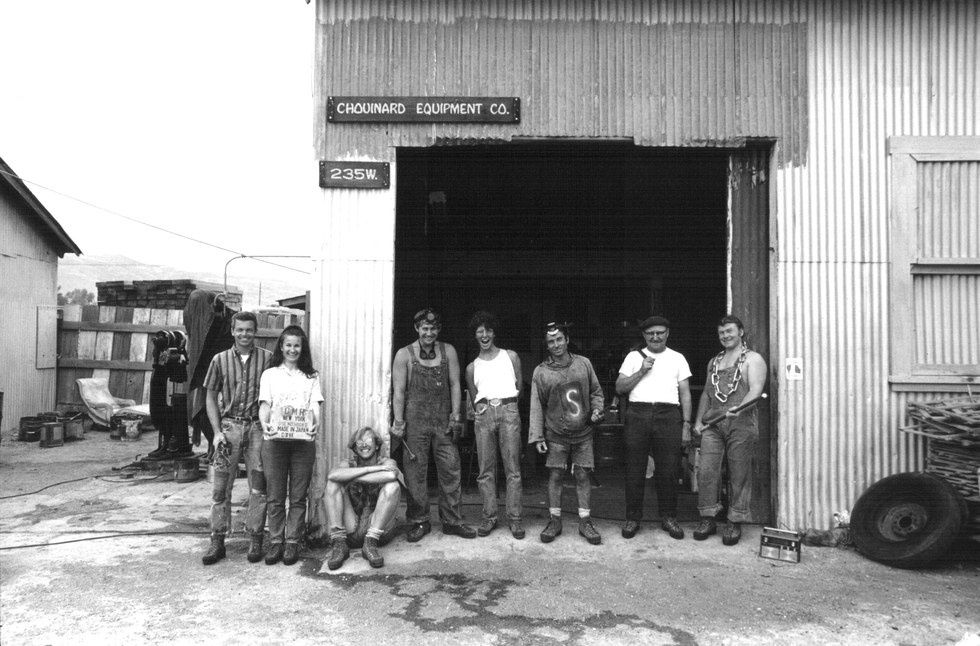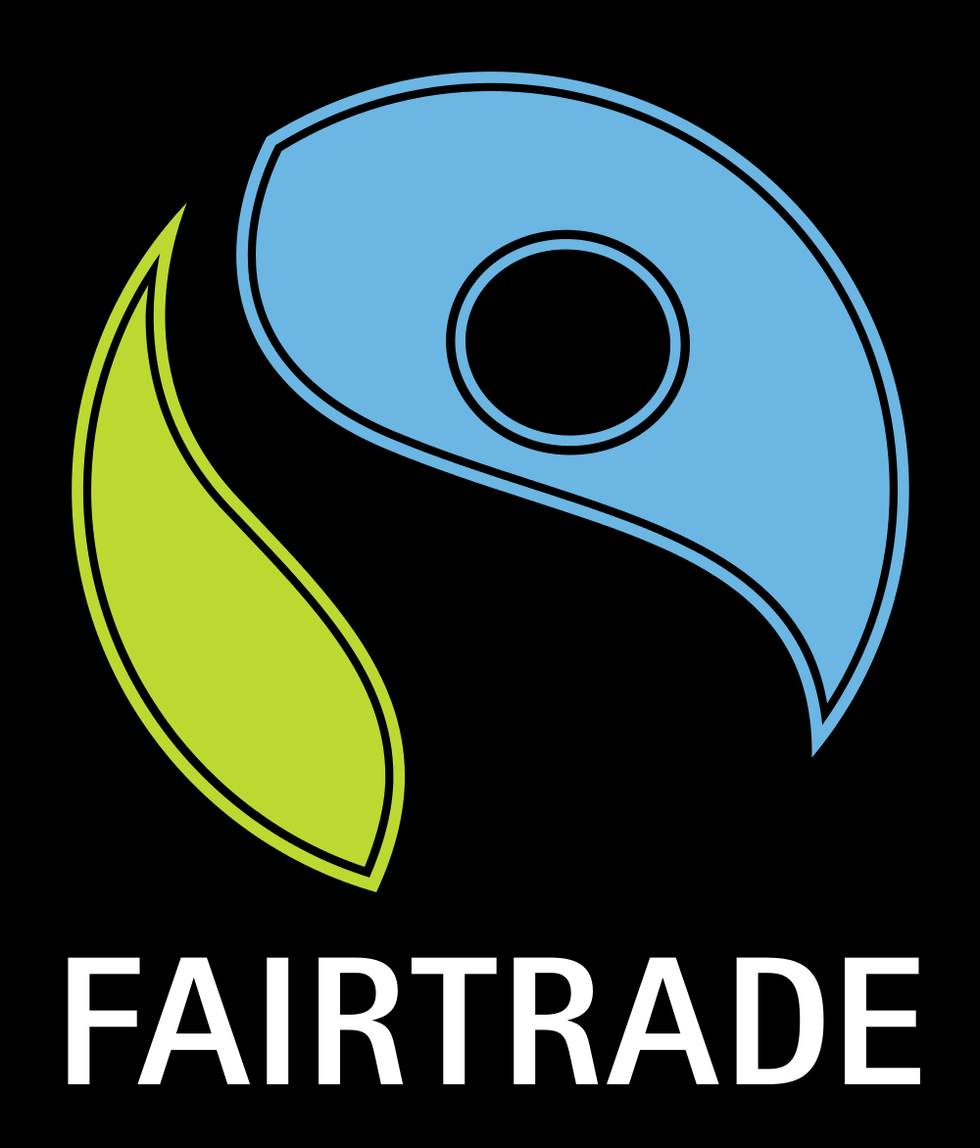In the United States, this wave of ‘only buying Fair Trade goods’ has recently swept the nation. People are emptying their pantries, their fridges and even their closets of all things that do not have the Fair Trade stamp of approval and are making room for those that do. Fair Trade products are not only being seen as a positive mark towards healthy industrialization, but almost as a fad in certain spheres.
But what exactly makes a product Fair Trade?
The World Fair Trade Organization defines Fair Trade as “A trading partnership based on dialogue, transparency and respect, that seeks greater equity in international trade. It contributes to sustainable development by offering better trading conditions to, and securing the rights of marginalized producers and workers – especially in the South.”
This definition steps into highlighting the qualities that consumers are often most attracted to when purchasing a Fair Trade good: transparency, sustainability and equality.
Transparency is one of the key aspects to what makes a good a Fair Trade product. Consumers find value in purchasing these products because they have faith in the integrity of the products they are buying and know where their goods are coming from. There is no dispute about where in the world it was made, who in the world made it or what in the world went into making this product.
One of the top companies in today’s market that has been a key defender of the Fair Trade mark, and of environmental issues is Patagonia. Their mission statement goes as simply as to “build the best product, cause no unnecessary harm, use business to inspire and implement solutions to the environmental crisis.”
The leaders over at Patagonia have taken the initiative in saying that the problems regarding quality, sustainability and authenticity matter to their company. They find ways to give back with not only their time, but their profits as well. This goes a long way with buyers in that they know the morals of the company in which they are purchasing from. By spending money with a brand that you know is transparent with their funds, you can be assured that the money you spend will go towards a good cause in forwarding the issues that you also want to represent.
As for sustainability, this is where one has to dive deeper into a company’s background in order to understand the long term effects of their purchase. In fact, One Green Planet has gone as far as to make a table, comprised of four individual questions that consumers should ask themselves when purchasing from any company if they are concerned about the origins of their product.
The questions are as follows:
Is the product animal friendly?
Does the company supply organic clothing?
Does the brand/company come from U.S. based manufacturers?
Are they Fair Trade certified?
If a company can answer yes to all four of these questions, they are sure to promote ideas that buyers are willing to get behind, but also, produce sustainable products that also help eliminate poor working conditions for those who find themselves in such environments.
As companies grow larger and gain more capital, the temptation remains that the companies will seek employment from workers overseas who are willing to work for less than the minimum wage in conditions that can be simply horrifying.
In an account from Global Labour Rights, it was brought to the media’s attention that in Bangladesh, children as young as 11 years old were being forced to work up to 20 hour days for as little as six and a half cents an hour. They were suffering from exhaustion and starvation, all for the glorious wonderland that is known in America as Walmart.
As the United States still struggles to recognize when and where child labor laws are being violated both here and overseas with companies this nation is attached to, some companies, indeed, are providing equality across the board.
Krochet Kids is a company that began in the small town of Spokane, WA all because three teenage boys picked up the hobby of crocheting so that they could have their own head-wear on the slopes. As passions grew, so did their dreams, and a story soon unraveled.
“With hook and yarn people could make amazing products. Being paid a fair wage to do so would allow for them, for the first time, to provide for their families and begin planning for the future," says CEO and Co-founder of Krochet Kids, Kohl Crecelius. "By teaching these people to crochet, we would be empowering them to rise above poverty."
Today, Krochet Kids finds their company in both Uganda and Peru where they are teaching people the art of crochet. As members of these communities learn, they also are receiving an education.
Krochet Kids provides an excellent example of what it means for a company to highlight the equality of their members as well as the quality of their product. “The products created abroad have been well received here at home and the collaboration of our staff and beneficiaries around the globe has created a sustainable cycle of employment and empowerment,” Crecelius states in the mission statement.
So why does Fair Trade matter to the average buyer?
Fair Trade is more than just a ‘fad.’ It’s more than just buying sustainable products and more than buying goods where you can’t spot the “Made in China” sticker. Fair Trade products offers the average buyer an opportunity to help support companies that are taking action to help end labor trafficking as well as abuse in the work arena, both at home and abroad. Fair Trade also helps foster a healthy flow into the economy towards U.S. based companies and non-profits.
You are a buyer in this market and as a buyer, you have the capacity to make a change now that can greatly affect the overall climate of companies down the road.
With this in mind, I strongly encourage you to take the time and research the products you use both today and ones you plan on purchasing down the road. Look into company backgrounds and see how transparent they are. Can you find on their website where their products are manufactured? Ask yourself the four main questions: Is the product animal friendly? Does the company supply organic clothing? Does the brand/company come from U.S. based manufacturers? Are they Fair Trade certified? And finally, dig deep into the brands in which you frequently purchase and find out if they are giving equal and fair opportunities to all their workers.
Let’s get educated so we truly can spend wisely.









 The minimum wage is not a living wage.
StableDiffusion
The minimum wage is not a living wage.
StableDiffusion
 influential nations
StableDiffusion
influential nations
StableDiffusion












